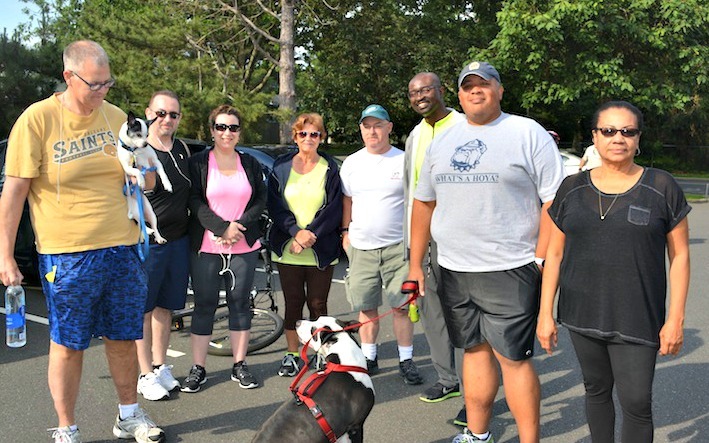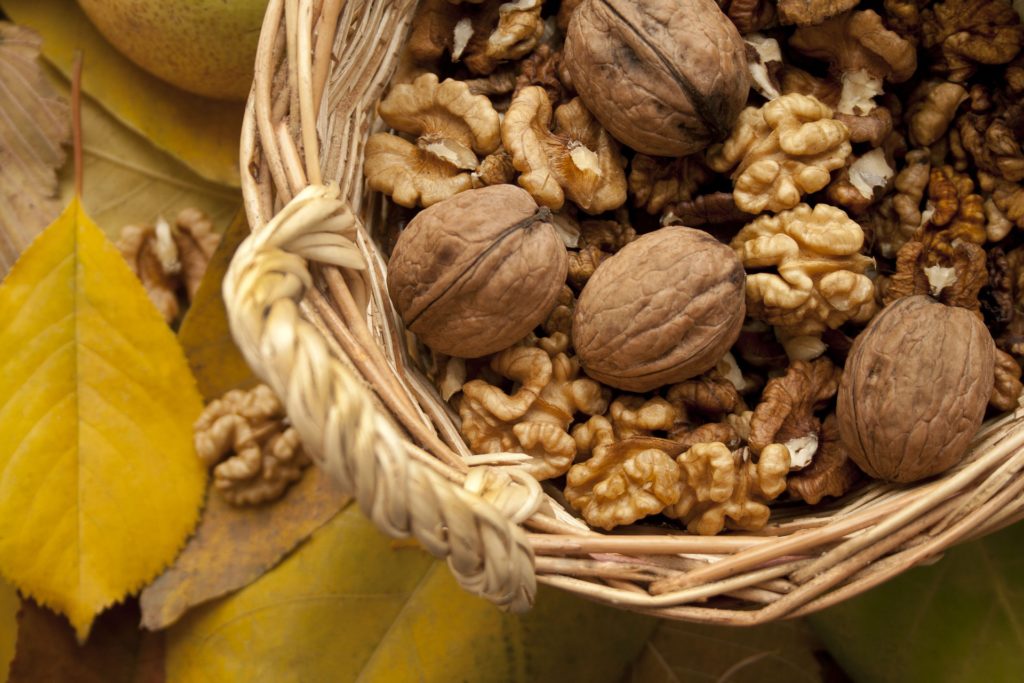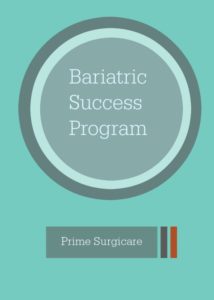
At 263 pounds, Molly Horner, age 46, knew her weight was interfering with her quality of life.
“Fortunately, I didn’t have any weight-related medical issues, but I felt tired all the time and like I couldn’t keep up with my five young grandchildren,” said the billing clerk from Burlington County, NJ.
Molly also recalls that she was less inclined to socialize because of her weight.
“It was just easier to say no to invitations than to try and find something to wear,” she recalls. “At the same time, I struggled with the thought that it was too late for me to lose all this weight.”
Over the years, she tried several weight loss tools—
“I tried Phentermine, Weight Watchers, Xenical, Alli, fitness workouts, Jenny Craig.
I tried them all!”
Molly said using Phentermine worked temporarily, but she ultimately gained the weight back and even added more.
But during an ER visit for her grandson at CentraState Medical Center in Freehold, a sign about a bariatric weight loss program caught her eye; she took it as a sign and decided then and there to move forward.
Click here for a checklist of your first steps to having bariatric surgery.
Molly consulted with board-certified bariatric surgeon Dr. Bennet Togbe at Prime Surgicare. After completing her pre-op testing and consultations with a bariatric dietitian and mental health professional, Dr. Togbe performed her gastric sleeve operation in November 2017 with no complications.
Now 22 months later, Molly has lost 108 pounds and
her clothing size has decreased from size 22 to size 6.
Molly and Dr. Togbe forged a great team. “He is so personable and makes you feel comfortable,” she says. “He absolutely knows what he’s doing in the operating room—I’m living proof!”
Dr. Bennet Togbe Meets a Determined Obesity Fighter
Molly was the ideal bariatric patient from the beginning,” says Dr. Togbe, “After surgery, she followed our proven and clear-cut exercise and dietary recommendations.”
Dr. Togbe chose Molly for a weight loss success story to inspire others contemplating a surgical weight loss solution for obesity treatment.
“It’s been truly gratifying to see her successful surgical outcome.”
Dr. Bennet Togbe
While she gets most of her exercise chasing those five grandchildren, and caring for her high school and college-age younger kids, Molly does try to get out to walk as frequently as she can.
Why the gastric sleeve is the most common surgical weight loss procedure in the world.
She offers a few words of advice for people considering gastric sleeve or any weight loss surgery solution—
“You’re never too old to lose weight.
It can come off very fast after the operation, if you follow the doctor’s orders.
Do what’s best for you—you are worth it.”
Inspired by Molly’s Weight Loss Success Story?

To find out if bariatric surgery may be the obesity treatment solution for you, register for Dr. Seun or Dr. Togbe’s next New Patient Seminar.
If you’d prefer to have a private consultation first, call us at 732-982-2002 to schedule an appointment.
You can also ask our team of friendly bariatric specialists to help confirm your insurance coverage for metabolic syndrome treatment (bariatric surgery).


 To learn more, meet medical director
To learn more, meet medical director 
 To increase the chances of boosting metabolism, adults should get seven to nine hours of sleep each night.
To increase the chances of boosting metabolism, adults should get seven to nine hours of sleep each night. Staying hydrated is key to maintaining good health.
Staying hydrated is key to maintaining good health.


 We encourage our weight loss surgery patients to
We encourage our weight loss surgery patients to  Every
Every